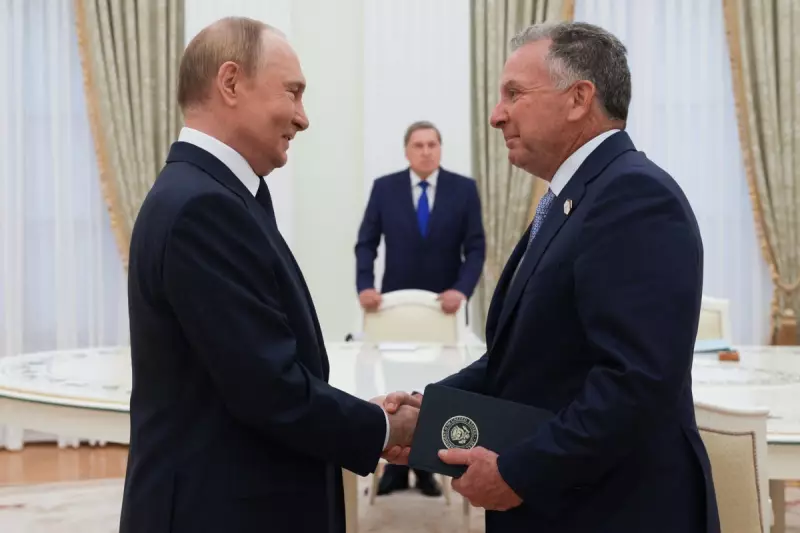
In a controversial statement that has sent shockwaves through political circles, former US President Donald Trump described Vladimir Putin's invasion of Ukraine as "genius" and "savvy". The remarks, made during a private dinner with property developer Steve Witkoff, have reignited debates about Trump's relationship with the Russian leader and his stance on the ongoing conflict.
The Controversial Comments
According to reports, Trump praised Putin's military strategy, calling the invasion of Ukraine "the peacekeeping force". He went further, suggesting that Putin's actions were justified by NATO's eastward expansion – a narrative frequently pushed by Kremlin propaganda.
Political Fallout
The comments have drawn sharp criticism from both Democrats and Republicans:
- President Biden's administration called the remarks "dangerous and un-American"
- Several GOP senators distanced themselves from Trump's position
- Ukrainian officials expressed disappointment at the former president's stance
Historical Context
This isn't the first time Trump has expressed admiration for Putin. Throughout his presidency and beyond, he has:
- Repeatedly questioned US intelligence on Russian interference
- Called for improved relations with Moscow
- Downplayed Putin's authoritarian tendencies
What This Means for 2024
With Trump considering another presidential run, these comments could:
- Alienate moderate Republican voters
- Strengthen his appeal among isolationist factions
- Complicate US foreign policy debates
Political analysts suggest these remarks may represent a calculated move to differentiate himself from the current administration's Ukraine policy.
The Bigger Picture
Beyond the immediate controversy, Trump's comments highlight:
- The ongoing divide in US foreign policy approaches
- The challenge of maintaining Western unity against Russian aggression
- The potential consequences of a possible Trump return to power
As the Ukraine war continues to dominate global politics, such statements from influential figures could have far-reaching implications for international relations and domestic US politics alike.





